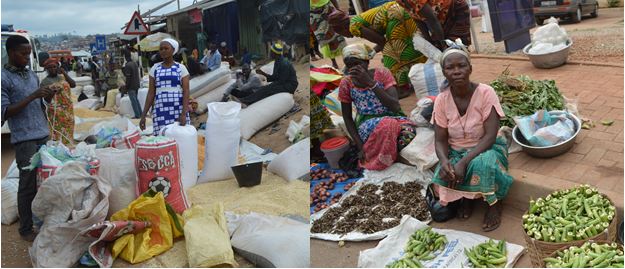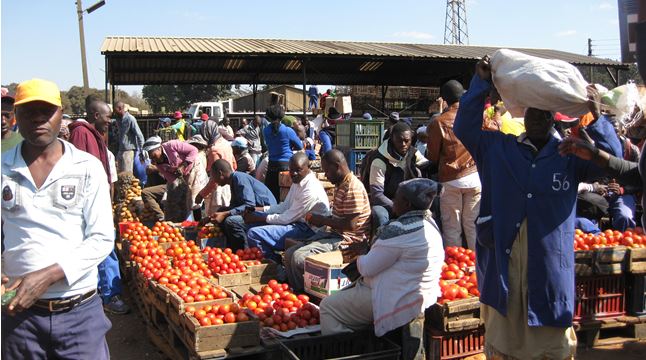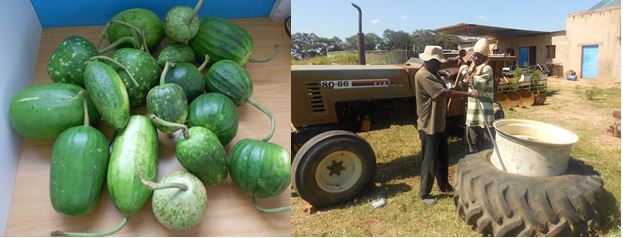Reducing the gap between formal and informal economies
Narrowing the gap between formal and informal economies remains a big challenge for many African countries. Instead of increasing interdependence between the two economies, in countries like Zimbabwe, the gap between the two economies seems to be widening. As if that is not enough, academia, politics and financial institutions remain detached from society and the Read more about Reducing the gap between formal and informal economies[…]









